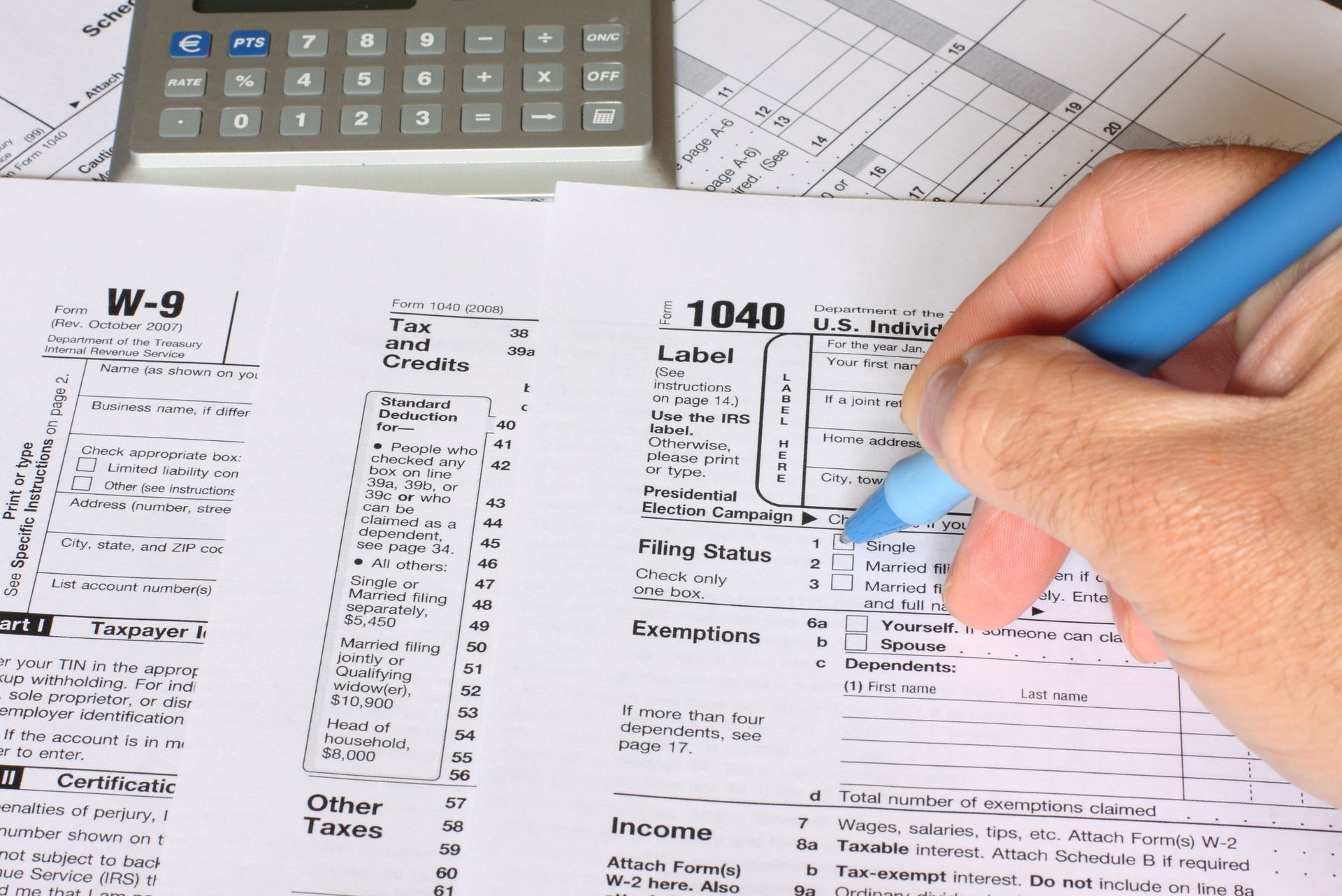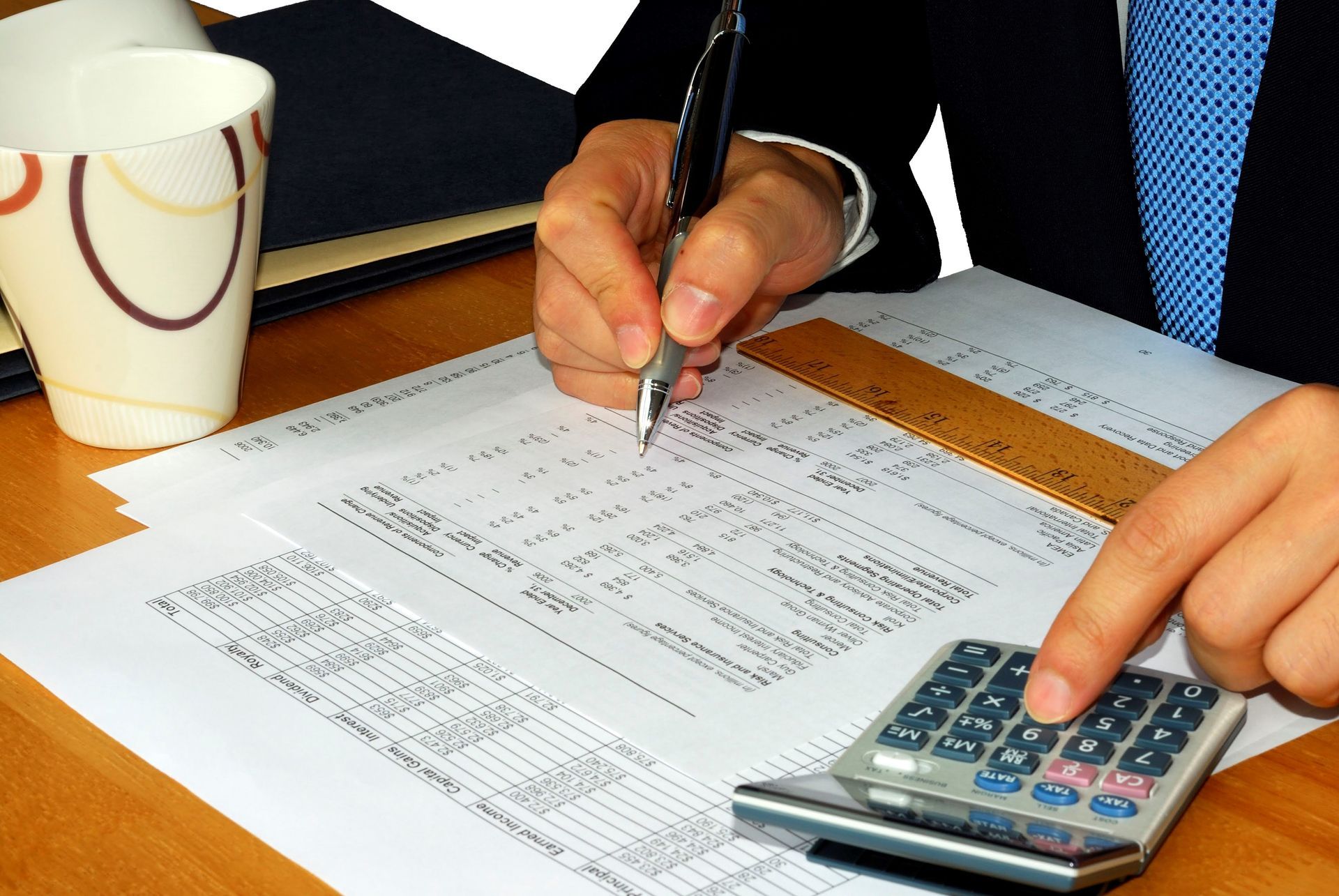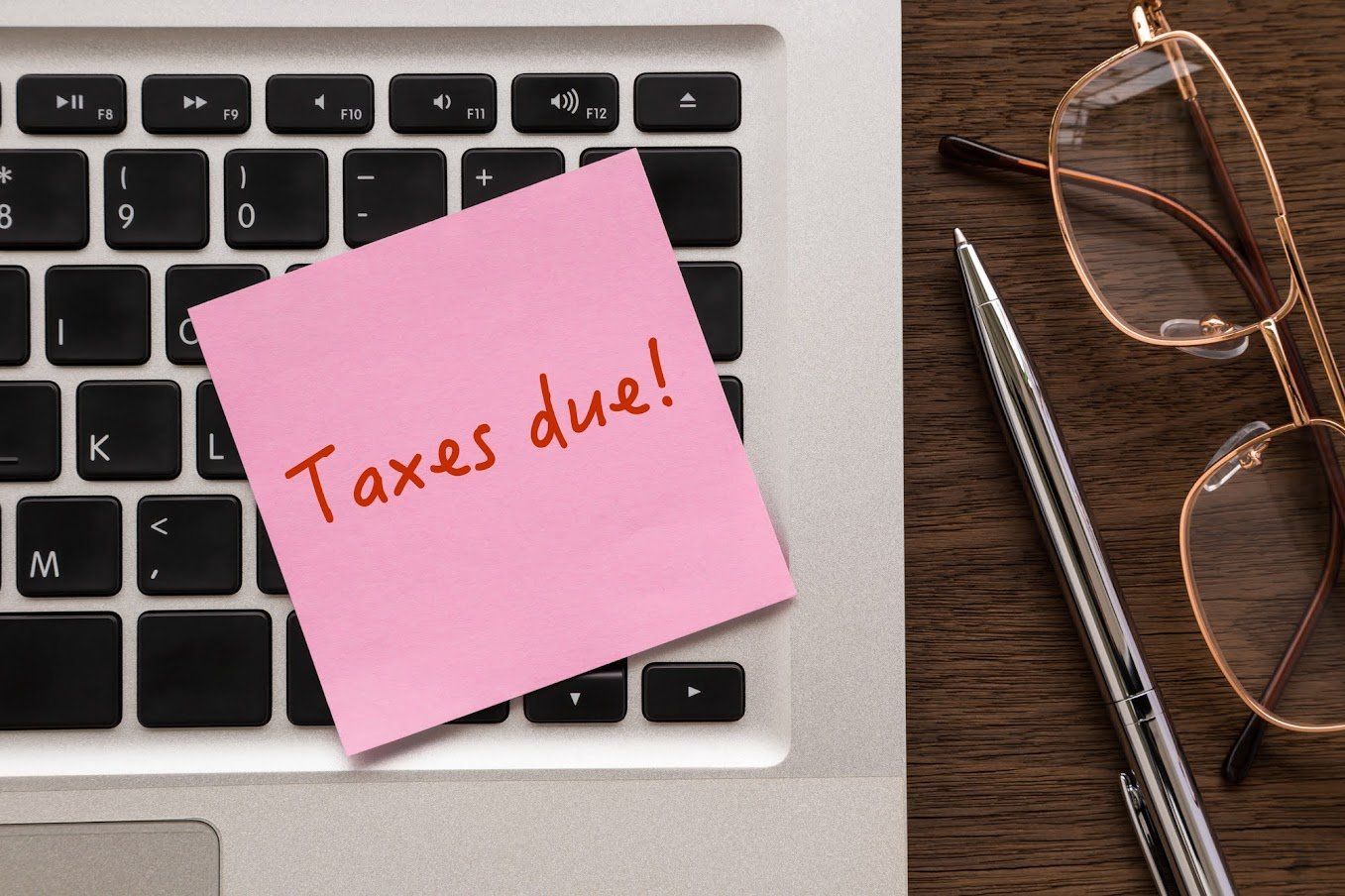Tax Basis — What You Need to Know to Minimize Taxes
Do you know the basis of your assets, both personal and business? If not, you may be at risk of paying unnecessary taxes when it comes time to sell them. What is basis? How is basis calculated? And what can you do to ensure that basis is used to minimize income taxes as much as possible? Here's what you need to know.
What Is Asset Basis?
Basis is essentially the cost you have paid for a capital asset and is used to determine the taxes due. In some cases, the tax basis is a simple calculation. If you purchase a stock for $100 and sell it for $150 with no other associated costs, the basis is $100 and your profit is $50. Basis can also be complex, including both the original costs as well as various expenses throughout the life of the asset.
Why Is Basis Important?
Why should you care about basis? It has the largest effect on your income tax obligation when you sell the asset. When you sell that stock for $150, you can deduct the $100 basis and will only be taxed on the difference between sale price and basis. However, if you don't know the basis of that stock, you can't deduct its price and would be liable for taxes on the full amount.
How May Basis Change?
Basis is not always a set number. If you purchased a piece of equipment for your business, its basis is defined by the IRS rules. You would generally be able to deduct the cost of the item, fees, and taxes upon purchase, selling fees, and significant repairs or upgrades to improve it. With these additional expenses included, it is known as an adjusted basis.
However, if you gift stocks to a family member, the tax basis may depend on whether that person sells the stocks at a profit or loss. If sold for a profit, the basis is the same as that of the prior owner. However, if you lose money, you may use the lower if the prior owner's basis or the value of the stock when it was gifted. Similarly, the inherited assets' basis is generally the value of the item when the donor passed away.
Basis can also change over the years due to further expenses related to it. As mentioned, it may be increased by taxes and fees or major repairs. However, minor repairs and maintenance costs do not affect it. And basis could be decreased by insurance reimbursements related to the asset. The most complex basis changes for most individuals is that of their primary residence.
How Should You Track Basis?
Because tax basis can be a moving number, it's important that you track the basis for each asset separately. This would start by keeping original purchase agreements or receipts as well as receipts or invoices for subsequent upgrades. For stocks, your brokerage company may track the basis for stocks and bonds managed by them. However, this is not guaranteed, so you should keep your own records.
Every owner should keep their own records regarding basis and possible adjustments to it rather than relying on outside sources. When you sell the item, go over these records with an accountant to determine how each may or may not be applied toward basis.
Where Can You Learn More?
Do you want to know more about a specific asset you own or expect to receive? Start by meeting with an experienced tax service as soon as possible. Because tax basis may need to be tracked for many years, creating the right recordkeeping from the beginning is vital. Bliss & Skeen can help. Call today to make an appointment.
















